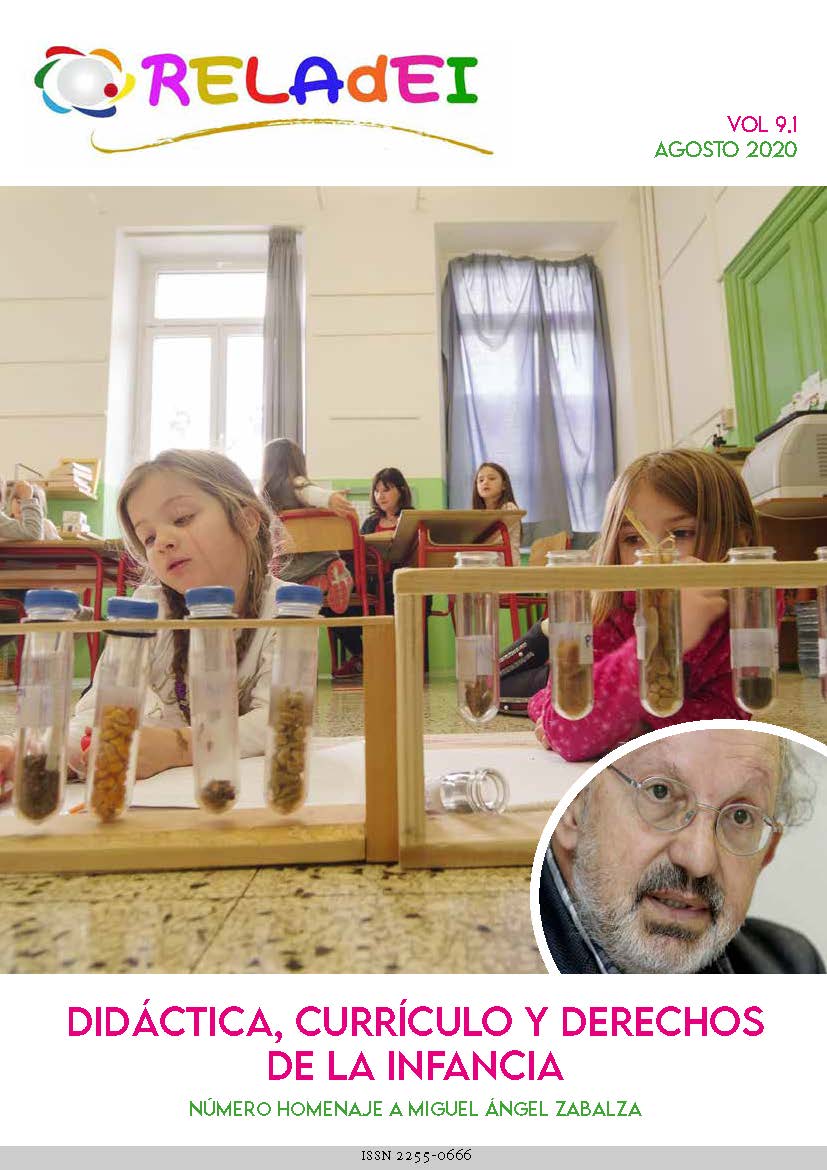Put pedagogy and politics at the center of initial education
Main Article Content
Abstract
Conservative/neoliberal policies have tried, throughout the history of the initial level, to depoliticize it and to empty it of the philosophical, political and pedagogical debates that have gone through it since its inception. Sometimes, putting the garden in the place of the caretaker and the teacher as the caretaker, giving the teacher as a gardener an aseptic function, considering that the best teacher would be the one who knows very well the stages of child development and carries out actions so that it is carried out as close as possible to “normality”. This perspective produced a psychologization of the teaching task and the intensification of the neutrality and apoliticism of the teaching role, sharpening the dissociation between theory and practice. On the other hand, at times, the focus has been on classroom teaching, reducing it exclusively to the technical-instrumentalist dimension of didactics, centralizing the discussions from the initial level to the classroom work modality, necessary and important aspects but not excluding other dimensions such as the political, pedagogical, social and ethical.
In the development of this article we will raise the need to recover the political dimension of the teaching role and the pedagogization of the initial level, understanding that education is a practice that cannot be neutral: its actions, its methods, its objectives always obey a vision of social subject crossed by its context. In other words, we start from the recognition that all institutional and classroom decisions are based on pedagogical assumptions that are in turn the product of social, cultural and ideological determinants.
We believe it is relevant to address this issue in homage to Dr. Miguel Ángel Zabalza since he has been a reference point in the field of Early Education Pedagogy, being significant for our own training and the current training of new generations of teachers.
Keywords:
Article Details
References
Brailovsky, D. (2019). Una pedagogía entre paréntesis. Buenos Aires, Argentina: Novedades Educativas.
Carli, S. (2002). Niñez, pedagogía y política. Transformaciones de los discursos acerca de la infancia en la historia de la educación argentina entre 1880 y 1955. Buenos Aires, Argentina: Miño y Dávila.
Duhalde, M.A. y Feldfeber, M. (coord.) (2016). Tendencias privatizadoras de y en la educación argentina. Ciudad Autónoma de Buenos Aires: Confederación de Trabajadores de la Educación de la República Argentina – CTERA.
Harf, R., Violante, R., Pastorino, E., Sarlé, P., Spinelli, A. y Windler, R. (1996). Nivel Inicial, Aportes para una didáctica. Buenos Aires, Argentina: Ateneo.
Kaufmann, V. y Loyola C. (2017). Presentación Revista del Plan Fénix, 66 (año 8),6-13.
Malajovich, A. (2017). La situación actual del nivel inicial. Revista del Plan Fénix, 66 (año 8),54-61.
Meirieu, P. (2016). Recuperar la pedagogía. De lugares comunes a conceptos claves. Buenos Aires, Argentina: Paidós.
Ponce, R. (2006). Los debates de la educación inicial en Argentina. Persistencias, transformaciones y resignificaciones a lo largo de la historia. En A. Malajovich (comp.) Experiencias y reflexiones sobre la Educación Inicial. Una mirada latinoamericana, pp. 19-102. Buenos Aires, Argentina: Siglo XXI Editores.
Ponce, R. (2017). La Educación inicial argentina. Revista del Plan Fénix, 66 (año 8),14-21.
Santillán, L. (2016) Las iniciativas en Primera Infancia bajo análisis: actores, racionalidades y sentidos en torno a la crianza y el cuidado infantiles. En Revista de la Escuela de Ciencias de la Educación, año 12, nro. 11, vol. 2 - pp. 217- 235.
Sarlé, P. (2000): La educación infantil en la República Argentina: entre la tradición y la vanguardia. Ponencia presentada en la Associacao Nacional de Pos-Graduacao e Pesquisa em Educacao (Anped). 23 Reuniao Anual.
Visintín, M. (2016) Panorama de los servicios educativos para niños de 0 a 2 años. Una aproximación a la diversidad de instituciones que reciben niños pequeños. En Kaufmann (comp.) Primera infancia. Panorama y desafíos para una mejor educación. Buenos Aires, Argentina: Aique.
Most read articles by the same author(s)
- María Soledad López, Las práctica actuales en la Educación Inicial. Sentidos y sinsentido. Posibles líneas de acción. La autoridad, las sanciones y los límites. El trabajo sobre lo grupal. La especificidad del trabajo en las salas , RELAdEI. Revista Latinoamericana de Educación Infantil: Vol 3, Nº 1 (Enero-Abril, 2014)


